Sponsored Content
Kosovo in Austria | Kosovars in Vienna | Bilateral Relations
Austria and Kosovo - Read the latest headlines about bilateral relations in the areas of economy, business, investment, diplomacy, culture and tourism
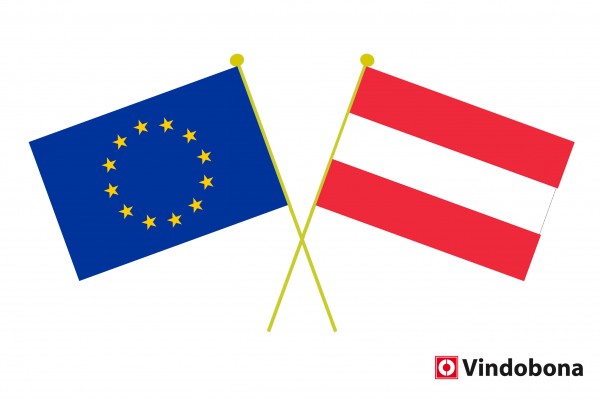
Goals for Austria's Presidency of the Council of the European Union
On 1 July 2018, Austria will take over the Presidency of the Council of the European Union from Bulgaria. During its Presidency of the Council of the European Union (1 July to 31 December 2018), guided by the motto "A Europe that protects", Austria will focus on three key areas: security and the fight against illegal migration, retaining competitiveness through digitalisation, and stability in the neighbouring regions (particularly the accession of the Western Balkans to the EU).
April 25, 2018
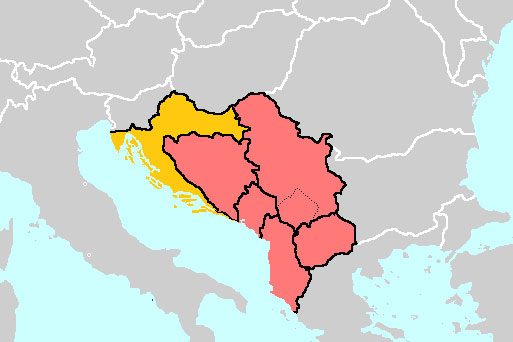
The New Balkans in the Year of Hope for EU Enlargement
2018 has been frequently described as the „year of hope“ for EU enlargement and for the Balkans. In February 2018, a new Enlargement Strategy was presented in Strasbourg by the EU Commission. Bulgaria, currently having the Presidency of the Council of the EU, will organize a major Balkan’s Summit in May 2018. Austria, for a long time one of the most prominent promoters of the EU Enlargement for the Western Balkans and a country deeply intertwined with the region, will assume the EU presidency in the second half of 2018. 2018 represents one of the crucial moments for enlargement as major steps need to be undertaken to reach the goal of making enlargement perspective realistic for 2025.
April 20, 2018
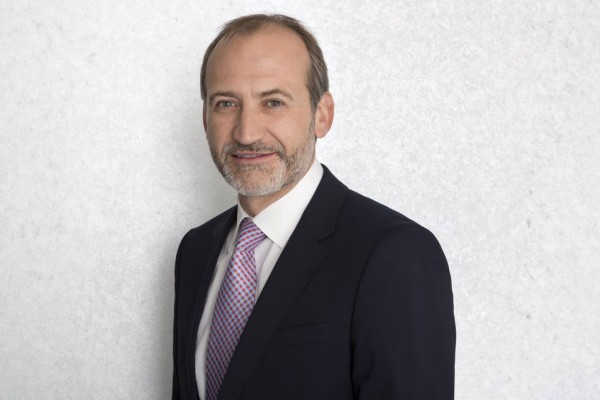
Telekom Austria Prepares Expansion in the Western Balkans
Telekom Austria is strategically strengthening its search for takeover targets and has made EUR 1 billion available in the war chest. CEO Alejandro Plater has announced his intention to expand again in the Western Balkans (Serbia, Croatia and other countries of former Yugoslavia).
April 11, 2018

The Western Balkans Remain a Priority of Austrian Foreign Policy
Because of a common history and the tradition of political, cultural and economic relations, Austrian foreign policy has always attached particular importance to the Western Balkans. The primary goal of Austrian foreign policy is to support the transformation of the Western Balkans area into a zone of stability. From the Austrian perspective there is only one option for the Western Balkans: a full European integration of the region. However, the political commitment from the regions' leaders is expected.
February 28, 2018
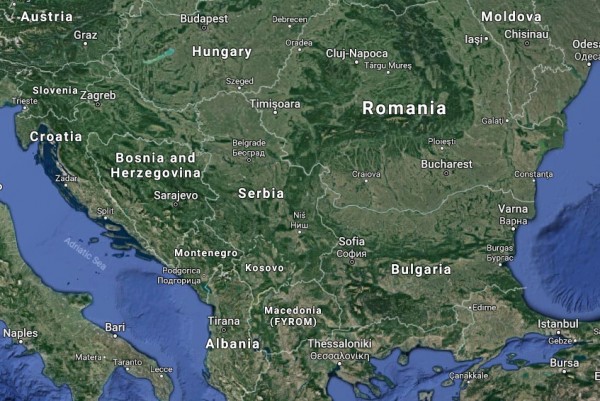
Western Balkans Summit was Held in Paris
Following the 2014 Western Balkans Summit in Berlin and the Vienna Western Balkans Summit of August 2015, the third Western Balkans Summit was held in Paris in the context of the ‘Berlin Process’. More than 500,000 of the people with migration background who live in Austria are from the region. Austrian companies have hundreds of branches or subsidiaries in the Western Balkans, which clearly illustrates the very close economic relations.
July 8, 2016
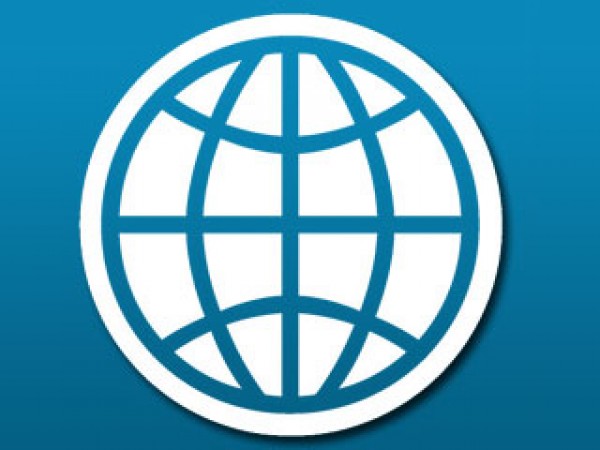
Western Balkans Countries Discussed Investment, Jobs and Integration in Vienna
The World Bank and the Vienna Institute for International Economic Studies (wiiw) held a high-level policy dialogue on ‘Investment, Jobs and Integration’ last week. Ministers and senior officials from the Western Balkans region as well as policy experts from international organisations and the business community gathered to discuss the challenges the region is currently facing, in particular the high unemployment rate, low international competitiveness, and lack of modern infrastructure.
July 8, 2016
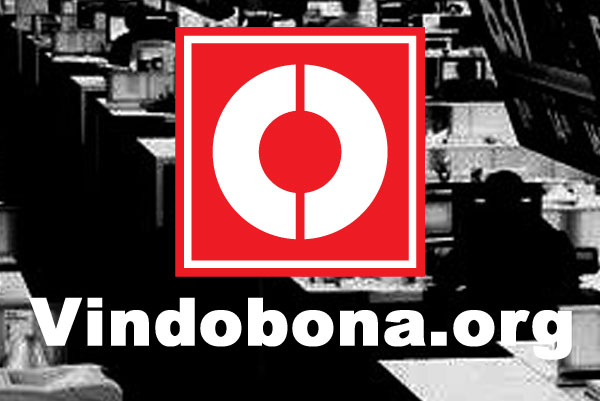
CESEE Outlook: Modest Recovery - EU is Obstacle to Growth – BREXIT Poses Uncertainties
According to the latest prognosis of the Vienna Institute for International Economic Studies, the countries of Central, East and Southeast Europe (CESEE) will have a trend growth rate of up to 3% in the period of 2016-2018. This is 1-1½ percentage points higher than average growth in the eurozone. Consumption will be the main growth driver. The Austrian economy is still benefiting from its economic ties with the region. Direct effects of BREXIT on the region will be limited – indirect effects for the European economy as a whole may be considerable.
June 29, 2016
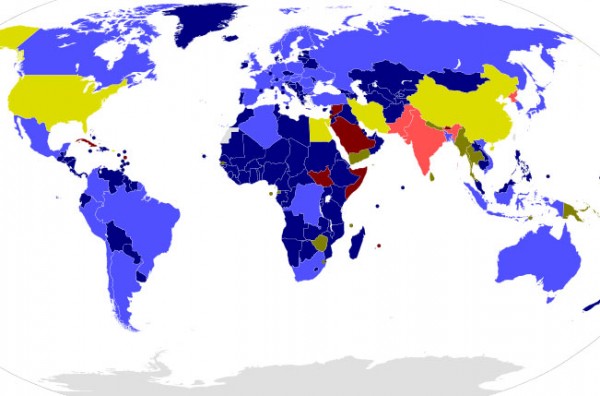
20 Years Comprehensive Nuclear-Test-Ban Treaty (CTBT): Ministerial Meeting at VIC
Marking the 20th anniversary of the signing of the Comprehensive Nuclear-Test-Ban Treaty (CTBT), a Ministerial Meeting was held at Vienna International Center. Hosting some 40 international organizations, Austria is a hub for the promotion of peace, safety and security, sustainable development and the fight against crime, drug abuse and terrorism.
June 20, 2016

Central European Initiative Discusses Refugee Crisis in Banja Luka
Foreign Ministers of the 18 member states of the Central European Initiative (CEI) met in Bosnia Herzegovina, which holds the initiative’s annual rotating Chairmanship this year. Discussions mainly focused on the refugee crisis and potential solutions.
June 20, 2016
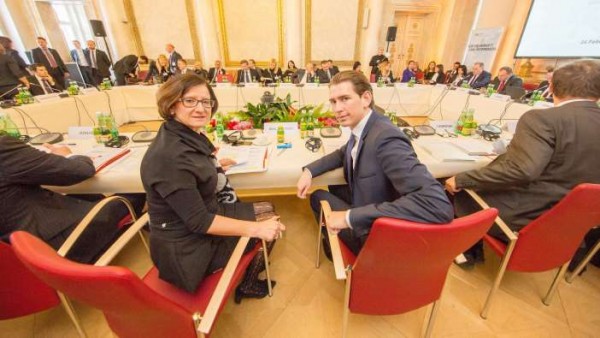
The Western Balkans Conference Which Led to Row Over Worsening Refugee Crisis
Convened on the initiative of Austrian Foreign Minister Sebastian Kurz and Austrian Minister of the Interior Johanna Mikl-Leitner, the Western Balkans conference “Managing Migration Together” was held at the Federal Ministry of the Interior in Vienna. 18 foreign and interior ministers from the Western Balkans attended the conference. The participants included the foreign and interior ministers of Albania, Bosnia and Herzegovina, Bulgaria, Croatia, Kosovo, Macedonia, Montenegro, Serbia and Slovenia.
February 26, 2016
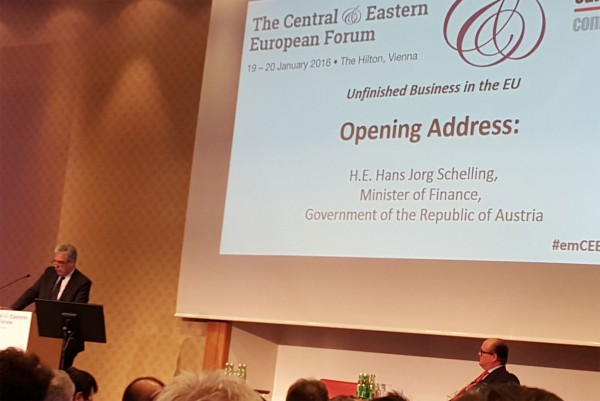
Central and Eastern Europe's Financial Elite Gathered at the CEE Forum in Vienna
The 21st Euromoney Central and Eastern European Forum ended in Vienna today, where 1000 delegates from the region joined local and international investors to help plan, debate and analyze the economic agenda for the region for the year ahead. The vast majority of the delegates have a negative outlook for the year 2016. Only one of the participants expects that this year CEE will grow more than 3.5%.
January 20, 2016
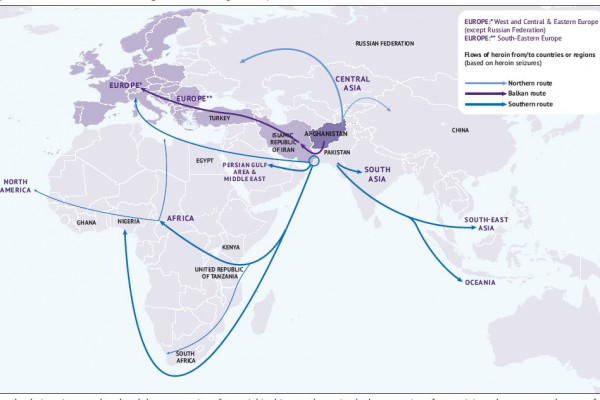
Report: Drug Money and Opiate Trafficking on the Balkan Route
A report recently launched by the United Nations Office on Drugs and Crime (UNODC) shows that the total value of illicit heroin and opium trafficked from Afghanistan to Western Europe through the Balkans amounts to some $28 billion every year. Sixty-five per cent of this total ($18 billion) is generated in Western and Central Europe.
December 14, 2015
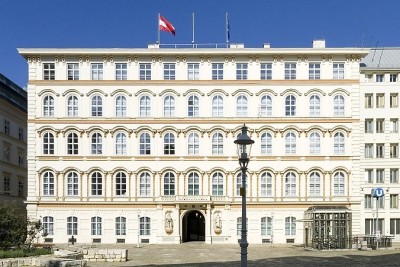
Austrian Ministry of Foreign Affairs: Council of Ministers Places 27 New Diplomats at Head of Embassies
The Council of Ministers of the Austrian Ministry of Foreign Affairs has decided to place 27 new Austrian diplomats at head of Austrian Embassies worldwide.
December 10, 2015
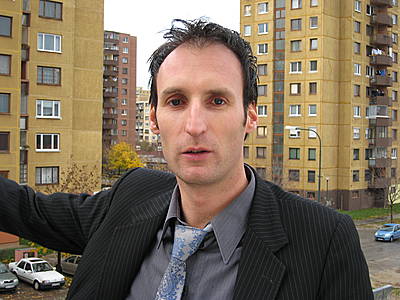
Journalism Award “Writing for CEE 2015” Goes to Martin Leidenfrost
The EUR 5,000 Writing for CEE journalist prize has been awarded for the twelfth time. Journalists from all round Europe – including Northern Europe, Central and Eastern Europe, South Eastern Europe and the CIS countries – have been invited to submit their works. The Austrian Journalist Martin Leidenfrost wins the “Writing for CEE 2015” award for his column "Expedition Europe". At the award ceremony writer and honorary guest Karl-Markus Gauß touched on the discovery of Europe and SEEMO Secretary General Oliver Vujovic said, that Europe faces new boundaries and divisions.
November 18, 2015 · Updated: November 20, 2015; 19:00
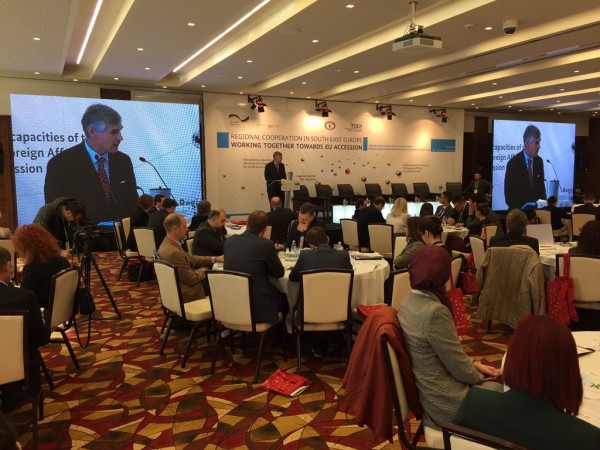
Austria Supports Bosnia and Herzegovina's EU Reform Agenda
The Ministry for Foreign Affairs’ Secretary General, Linhart visited Sarajevo. EU-accession and fight against radicalization were in the centre of the talks. Linhart: “Full support for the Bosnian reform route”.
November 20, 2015
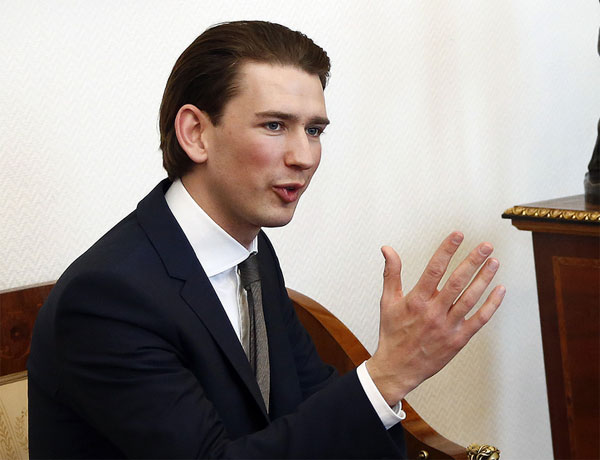
Only Full EU-Integration Can Stabilise the Western Balkans for a Lasting Time
Minister for Foreign Affairs, Sebastian Kurz commented on the European Commission’s progress reports, which were presented earlier this month: “Most of the Western Balkans countries’ progress on their way in direction of EU-membership is noticeable and positive. The Commission’s new methodology renders possible an improved analysis on the progress made in the respective countries in the last year. This creates a positive competition. The new progress reports also underscore that all candidate countries still have a lot of hard work before them and EU support towards this is essential. The current refugee crisis is no exception in this respect as it shows, how important the Western Balkans countries and Turkey are to Europe in tackling this particular challenge.”
November 18, 2015

Linhart: “Foreign Policy Should Focus on Stabilization of Neighbouring Regions”
“The European foreign policy must focus more of its attention on the neighborhood, the stabilization thereof – and in the case of the Western Balkans, their way towards the EU – has to be our European priority”, Secretary General for Austrian Foreign Affairs, Dr. Michael Linhart declared on the occasion of the 19th Europe Forum of the Austria Institute for Europe and Security Policy (AIES) in the Diplomatic Academy of Vienna
November 18, 2015
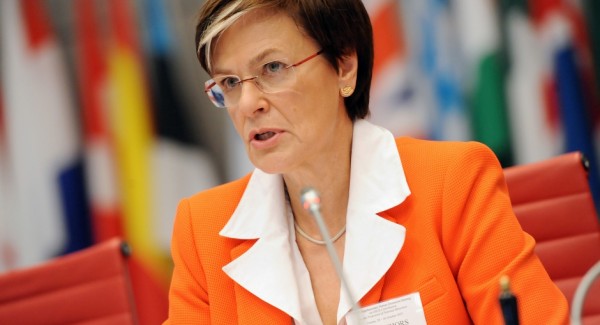
OSCE: Peace and Stability in Europe Impossible without Protecting Human Rights
Protecting and promoting human rights, including the rights of persons belonging to national minorities, is inextricably linked to the preservation of peace and stability within and between States, participants said today at the opening of a two-day OSCE meeting in Vienna.
October 29, 2015
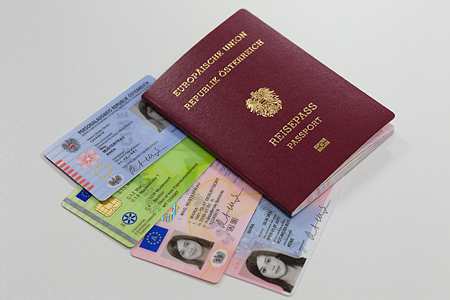
Austria will Remain an Asylum Country with Tradition
Since 1945 more than two million refugees have come to Austria, whereby almost 700,000 have remained here - that is about 9 per cent of the total population of Austria. Every second refugee had a different mother tongue than German. The refugee crises occurred in a mysterious sequence, as every twelve years, large waves of refugees arrived in Austria: 1956, 1968, 1980 and 1992.
October 28, 2015
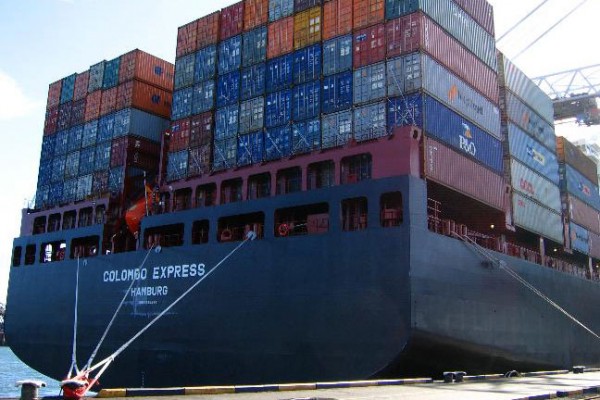
How Can Exporters Benefit from the "Go-International Initiative" of the Austrian Chamber of Commerce?
Even in a challenging global economic environment, exports remain the driving force behind the Austrian economy. The go-international initiative of the Austrian Chamber of Commerce encourages companies to step across the border by offering advisory services, events and support, as well as making it easier for existing exporters to enter additional foreign markets.
October 19, 2015
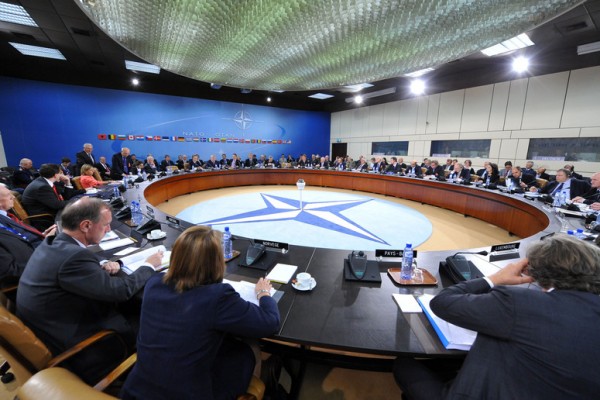
Current State of Relations between NATO and Austria
NATO-Austria relations are conducted through the Partnership for Peace framework, which Austria joined in 1995. NATO and Austria actively cooperate in peace support operations, and have developed practical cooperation in a range of areas. NATO views Austria as an effective partner and contributor to international security, which shares key values such as the promotion of international security, democracy and human rights. Austria on the other hand selects areas of practical cooperation with NATO that match joint objectives.
October 16, 2015

CEE in the Autumn of 2015 is the New Safe Haven
The key conclusion of UniCredit’s CEE Quarterly 4Q 2015 is that the CEE region, despite its heterogeneity, looks better positioned than most other large emerging markets to cope with potential challenges. In particular they found that market volatility spiked in 3Q15, with the uncertainty surrounding the anticipated Fed rate hike augmented by growing worries about a “hard landing” in China.
September 25, 2015
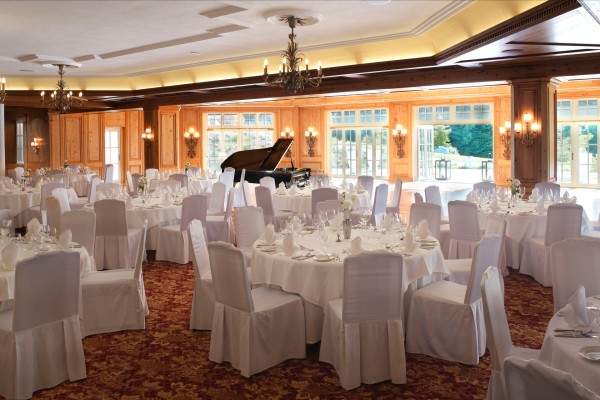
Bilderberg 2015: Full List of All 133 Participants
The full list of all 133 attendees to the top secret Bilderberg Group conference 2015 has been released (see below). The Austrians participating are René Benko, Oscar Bronner, Heinz Fischer, Alfred Gusenbauer, Erich Hampel, Wolfgang Hesoun, Gerhard Roiss, Rudolf Scholten and Karl Sevelda.
June 12, 2015 · Updated: June 12, 2015; 17:45
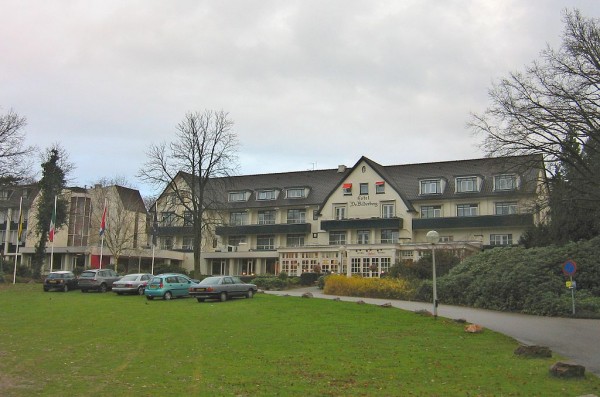
The Bilderberg Group - Background and Criticism
The first Bilderberg conference dates back to May 1954, when it was held at the Hotel de Bilderberg in Oosterbeek, Netherlands. Partly because of its working methods to ensure strict privacy, the Bilderberg Group has been criticised for its lack of transparency and accountability.
June 11, 2015

Bilderberg 2015: The "World Government" Meets in Austria
A select group of global elite is gathering today at the Interalpen-Hotel Tyrol in Telfs-Buchen, Austria. The 63rd Bilderberg conference is a super secret annual conference where they can discuss politics, economics and foreign policy freely. A total of around 140 participants from 22 countries have confirmed their attendance at the Bilderberg conference 2015. As ever, a diverse group of political leaders and experts from industry and finance have been invited. This year the list includes nine Austrians. Key talking points on the agenda include the Ukrainian crisis, Greece, Middle East and Terrorism (see detailed list below). Security is tight - participants as well as protesters and journalists will have to deal with the Austrian anti terror squad "Cobra". After 1979 it's the second time that the conference takes place in Austria.
June 11, 2015 · Updated: June 11, 2015; 19:00

EBRD Sees Mixed Outlook for CESEE Countries in 2015-16
The outlook for economies in central and south eastern Europe is improving on the back of eurozone monetary easing but prospects further to the east of the transition region have worsened, as the impact of Russia’s recession intensifies.
May 14, 2015
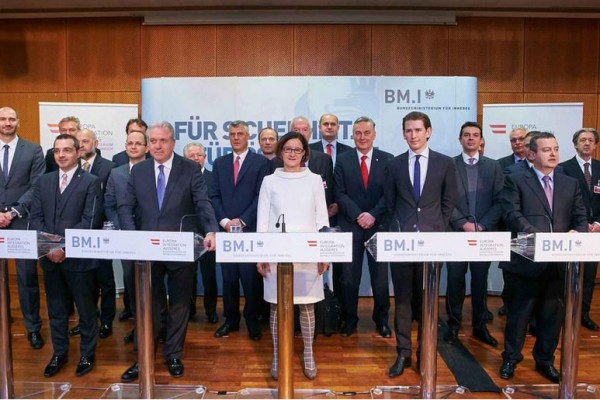
International Jihadism Conference in Vienna: "Tackling Jihadism Together"
Ministers from Austria, the Western Balkans & Commissioner for Migration, Home Affairs and Citizenship Dimitris Avramopoulos gathered in Vienna to tackle Jihadism. Austrian FM Kurz: "Tackling Jihadism is an urgent task for all of us - we're in this together!" Avramopoulos: "Need to transform common will into common action".
March 20, 2015
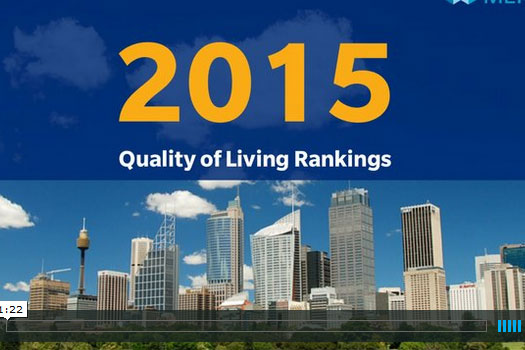
Quality of Living Rankings: Vienna Tops the List Again
Vienna remaines at the top of the 2015 Quality of Living Rankings, boasting the best quality of living for expatriates. In the top 5 there are two other European cities, Zurich (place 2) and Munich (place 4). Also Auckland (3rd) and Vancouver (5th) are among the top five cities.
March 4, 2015
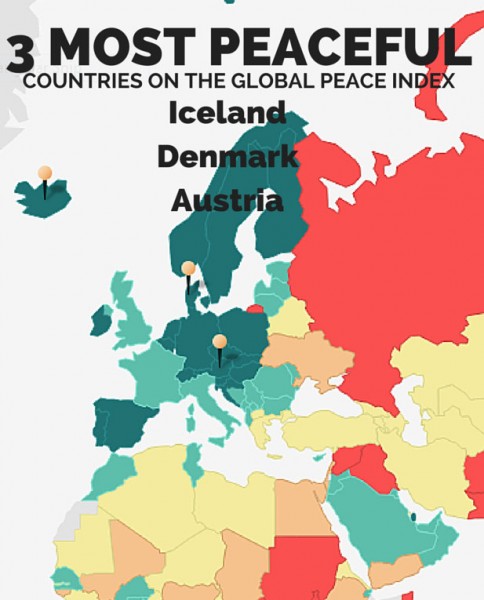
Global Peace Index: Austria is Third Most Peaceful Country
The latest Global Peace Index analyses the state of peace around the world. It identifies the most and least peaceful countries, trends in violence and conflict, and calculates the economic impact of violence. The top three most peaceful countries are Iceland, Denmark and Austria. Small and stable democracies make up the top ten most peaceful countries. New Zealand, Canada and Japan are the only non-European countries in the top ten.
March 4, 2015
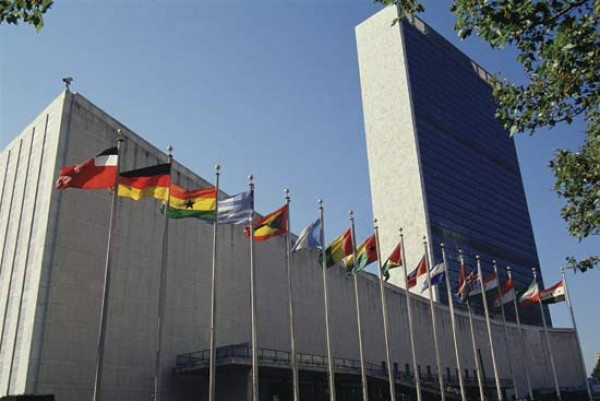
Austria is Celebrating 60 Years of United Nations Membership in 2015
Austria became a member of the United Nations in 1955 and is celebrating 60 years of UN membership in 2015. 70 years ago, the United Nations were founded in San Francisco.
February 5, 2015
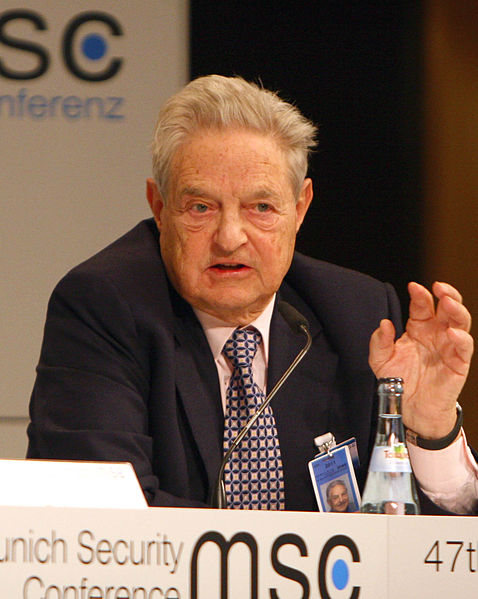
George Soros: "A New Policy to Rescue Ukraine"
Soros is calling on members of the European Union to behave as countries indirectly at war with Russia and to provide Ukraine with $50 billion to defend itself and kick-start political reforms. Russian President Vladimir Putin's imperial ambition has unintentionally brought into being a new Ukraine that is adamantly opposed to endemic corruption and inefficient government. By offering assistance, Europe can foster an open society in Ukraine and protect itself from Russian aggression.
January 22, 2015
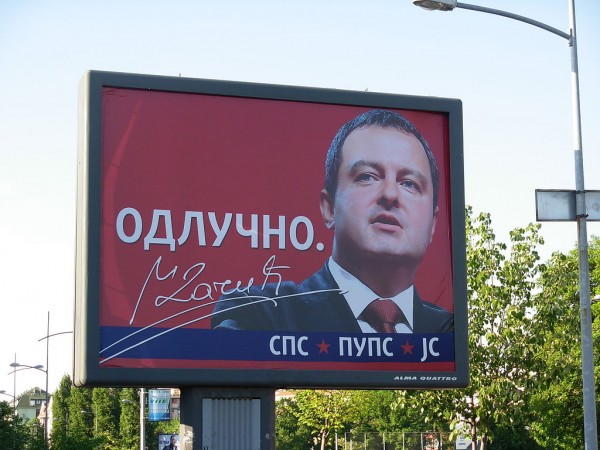
Serbian Foreign Minister Dačić to Visit Vienna
The new OSCE Chairperson-in-Office, Serbian Foreign Minister Dačić will visit Vienna on Thursday. He will outline the Serbian Chairmanship’s priorities to the OSCE Permanent Council*.
January 13, 2015
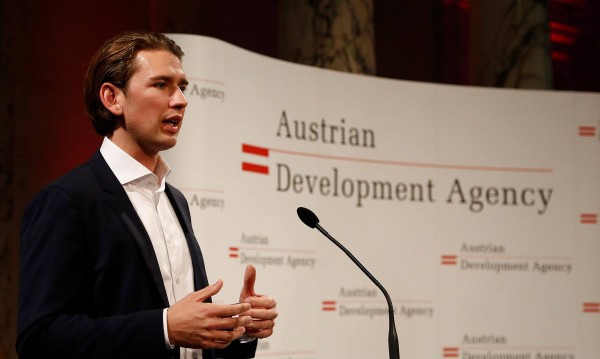
Austrian Development Agency Celebrates 10 Years, 3.000 Projects and EUR 900 Mln Invested
„In the last 10 years, we have contributed to the improvement of the lives of millions of people in our partner countries with 3.000 projects and approximately €900m”, says Federal Minister Sebastian Kurz on the occasion of the Austrian Development Agency’s (ADA) anniversary, in the Museum of Ethnology in Vienna. The ADA is active in 11 core countries on four continents, combating poverty, securing peace and working for improved environmental protection.
October 17, 2014
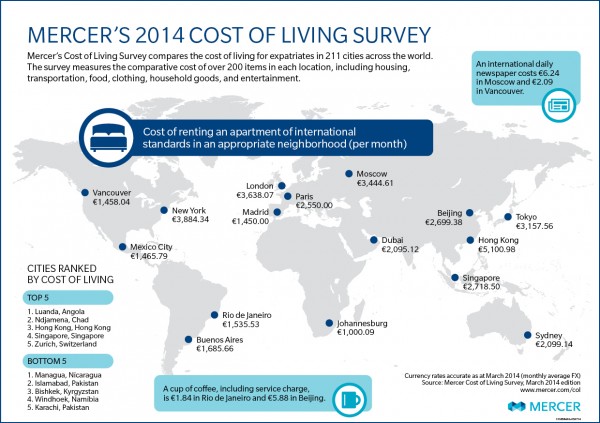
Cost of Living Rankings: CEE Capitals Cheaper, Vienna is 32nd Most Expensive City
The Mercer's 2014 Cost of Living Rankings have been published and cover 211 cities across five continents. While Western European cities have all risen in the rankings mainly due to the strengthening of the Euro against the US dollar, most cities in Central and Eastern Europe (CEE), however have fallen in the ranking as a result of local currencies depreciating against the US dollar. Bratislava (#84), Prague (#92), Kiev (#98), Ljubljana (#116), Zagreb (#120), Budapest (#135), Warsaw (#142), Belgrade (#184).
July 25, 2014

Austria's Foreign Policy on the Western Balkans
Due to centuries of political, cultural and economic interrelations, Austrian foreign policy has always attached particular importance to the Balkans. The prime goal of Austrian foreign policy is to support the transformation of the Western Balkans into a zone of stability.
June 4, 2014
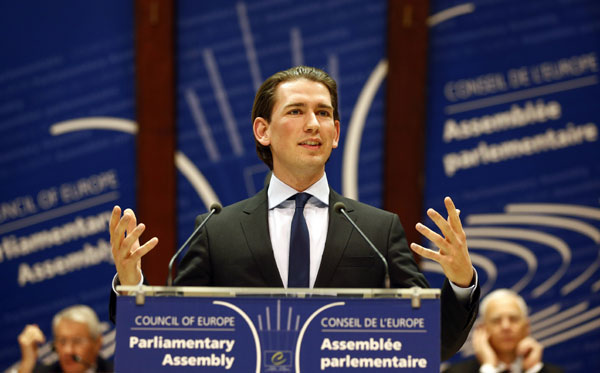
Austria: Western Balkans Representatives are Meeting in Vienna
The Western Balkans Conference and the Central European Initiative (CEI) Ministerial Meeting are currently discussing questions regarding the EU enlargement, the role of the EU as a peace project and the economic situation in the Western Balkans.
June 3, 2014
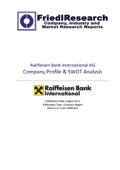
Raiffeisen Bank International AG - SWOT Analysis & Company Report May 2014
This new report contains in depth information and data about Raiffeisen Bank International AG and its operations and markets. It contains an overview, business and strategy description, financial ratios, valuation & forecast data and a SWOT analysis.
April 25, 2014

Serbia’s Goal to Join EU until 2020 “Realistic”
According to former German Chancellor Gerhard Schröder, Serbia’s aim to become a member of the European Union until 2020 is realistic.
April 11, 2014

Nikolic: “Russia Will Never Recognize Kosovo”
In an interview with Austrian daily “Presse”, Serbian President Tomislav Nikolic voiced his opinon on the political crisis on Crimea and the future about talks between Serbia and Kosovo.
April 8, 2014

More than Half of Serbians Aspire EU Membership
55 percent of the Serbian citizens are in favor of the country becoming an EU member.
April 4, 2014

Serbia: New Government to Hold EU Accession Talks Regularly
The next government of Serbia will hold sessions with regard to the EU accesssion on a regular basis, as announced by Miscevic, chief EU negotiator of Serbia.
April 3, 2014
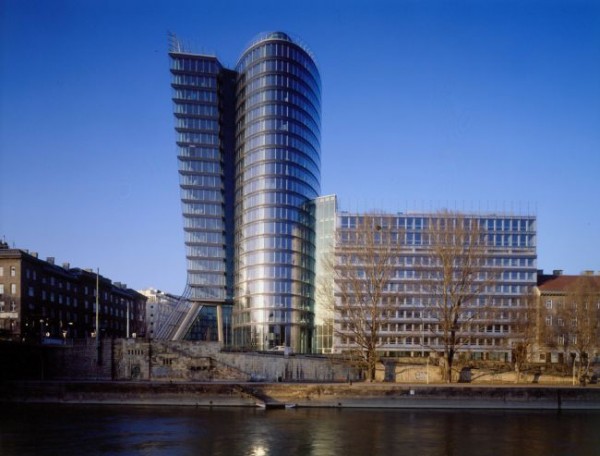
Uniqa Kosovo Grows Twice as Quickly as Market
Premium volume up 22.9 per cent in the first nine months of 2013. Non-life grows twice as quickly as the market
January 30, 2014

Croatia Supports Albania in EU Accession Course
Albania hopes that EU Accession Negotiations will take place in June 2014.
January 22, 2014

Serbia: EU Accession Talks in January Fixed
Prime Minister Dacic considers results as “historic event” for Serbia.
December 18, 2013

CESEE: Slight Growth Acceleration, but Uncertainties Persist
The Vienna Institute for International Economic Studies (wiiw) has published the economic forecast for the CESEE region today. The economic performance varies substantially from country to country.
November 28, 2013

Visegrad Countries Encourage Western Balkans to Join EU
Representatives from Poland, the Czech Republic, Slovakia and Hungary support the EU accession of Western Balkan countries.
October 31, 2013

Southeastern Europe Initiates Common Economic Strategy
In Croatia´s capital Zagreb, the Southeast European countries agreed on putting more common effort into innovation based growth strategies.
October 26, 2013

Southeastern Europe: Dramatic Labor Market Conditions
In Southeastern Europe, the labor market conditions are similarly bad as in Southern Europe. Above all, youth unemployment is extremely high.
October 22, 2013

Serbia: EU Candidacy to Accelerate Reforms
On the occasion of a meeting with head of the EU Delegation to Serbia, Serbia´s Prime Minister Ivica Dacic expressed his willingness to deepen the reform process.
October 17, 2013

Latest Edition of the SWOT Report of Raiffeisen Bank International has been Published
FriedlResearch has announced the publication of the latest edition of the "Raiffeisen Bank International AG - SWOT Analysis & Company Report". This report contains in depth information and data about RBI and its operations and markets.
October 8, 2013


